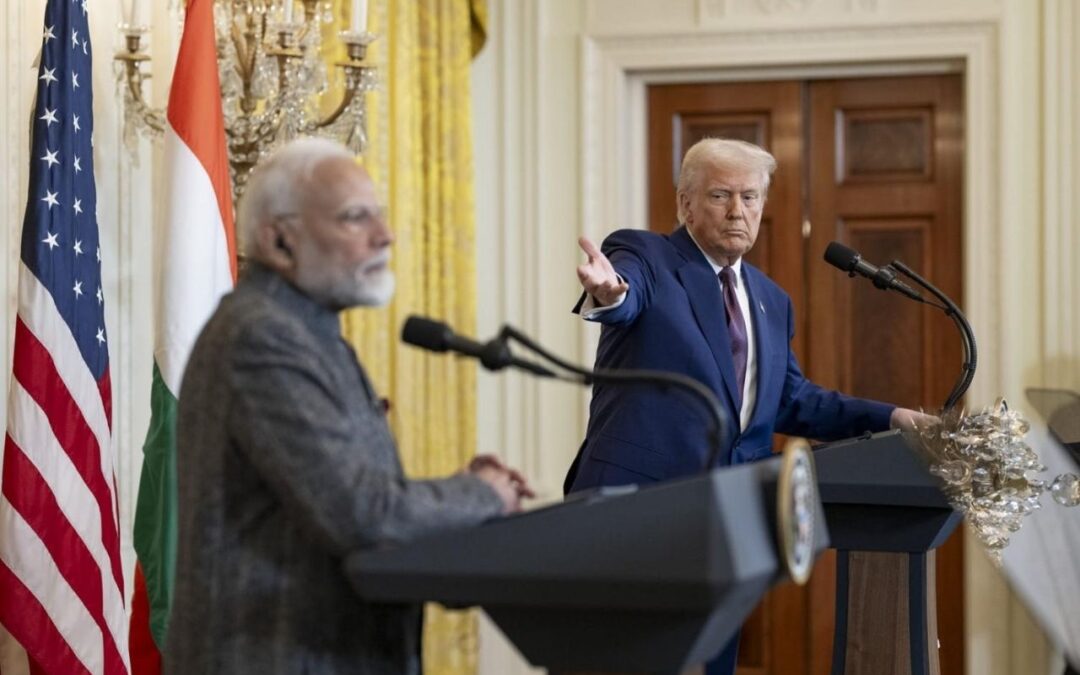Synopsis:
The U.S. has ended its de minimis tariff exemption, meaning all shipments from India will now incur more duties, increasing costs and competitiveness, while making export management more challenging for Indian exporters.
The United States has recently implemented significant changes to its import system. These modifications are expected to have various effects on international trade dynamics. To understand how these changes may impact Indian exporters, check the article below.
What’s the News?
The United States has officially terminated its long-standing de minimis tariff exemption, that allowed goods worth under $800 to enter the country without import duty. Now, every package coming in will be taxed, though for the next six months postal shippers can choose to pay a flat fee of $80–$200 per parcel depending on where it comes from.
The exemption which existed since 1938 and was raised from $200 to $800 in 2015, had boosted online shopping but was misused by sellers like Shein and Temu after tariffs on China. Officials also said it allowed unsafe goods and drugs like fentanyl to enter while cutting government revenue.
Package volumes under this exemption jumped 13.9 crore in 2015 to 136 crore in 2024, prompting the clampdown. With exemptions for China and Hong Kong already removed earlier in May 2024 have generated $4.92 crore duties, and the new policy is expected to generate up to $10 billion annually in tariff revenues for the U.S. Treasury.
White House adviser Peter Navarro stated that ending the de minimis loophole will save lives by limiting drug imports and increasing government revenue. Officials stressed the change is permanent, framing it as part of a wider effort to protect U.S. consumers and ensure fair trade.
Also Read: PSU metal stock jumps after JV with Coal India & NTPC for its ₹30,000 Cr Expansion project
Global Impact
During the transition, parcels will be charged flat rates under Trump’s “reciprocal” tariffs of $80 for low-duty countries like the UK and EU, $160 for mid-duty nations such as Indonesia and Vietnam, and $200 for higher-duty markets including China, Brazil, India, and Canada. From February 28, 2026, all countries will move to ad valorem duty based on shipment value.
Express carriers like FedEx, UPS, and DHL must now collect duties and manage customs paperwork for all parcels, while foreign postal agencies can either collect duties themselves or use the flat-rate system. Although some have suspended U.S. shipments, while countries like the UK, Canada, and Ukraine have informed that deliveries are continuing.
Impact on Indian Market
The U.S. termination of the de minimis tariff exemption will specifically impact Indian exporters in the e-commerce and small-scale manufacturing sectors. Products like textiles, handicrafts, jewelry, mobile accessories, and low-value electronics, which formed a significant portion of India’s online exports to the U.S., will now face tariffs, increasing costs, and potentially reducing competitiveness. Major export hubs in Gujarat, Tamil Nadu, and Karnataka that supply these goods may see slower order growth.
Additionally, India Post’s temporary suspension of most shipments to the U.S. highlights immediate logistical disruptions. While the Indian government has extended duty-free cotton imports to support the textile industry, smaller exporters may struggle with compliance, higher shipping costs, and reduced margins, making this policy a concrete challenge for India’s SME-driven export ecosystem.
Written By Akshay Sanghavi
Disclaimer

The views and investment tips expressed by investment experts/broking houses/rating agencies on tradebrains.in are their own, and not that of the website or its management. Investing in equities poses a risk of financial losses. Investors must therefore exercise due caution while investing or trading in stocks. Trade Brains Technologies Private Limited or the author are not liable for any losses caused as a result of the decision based on this article. Please consult your investment advisor before investing.





